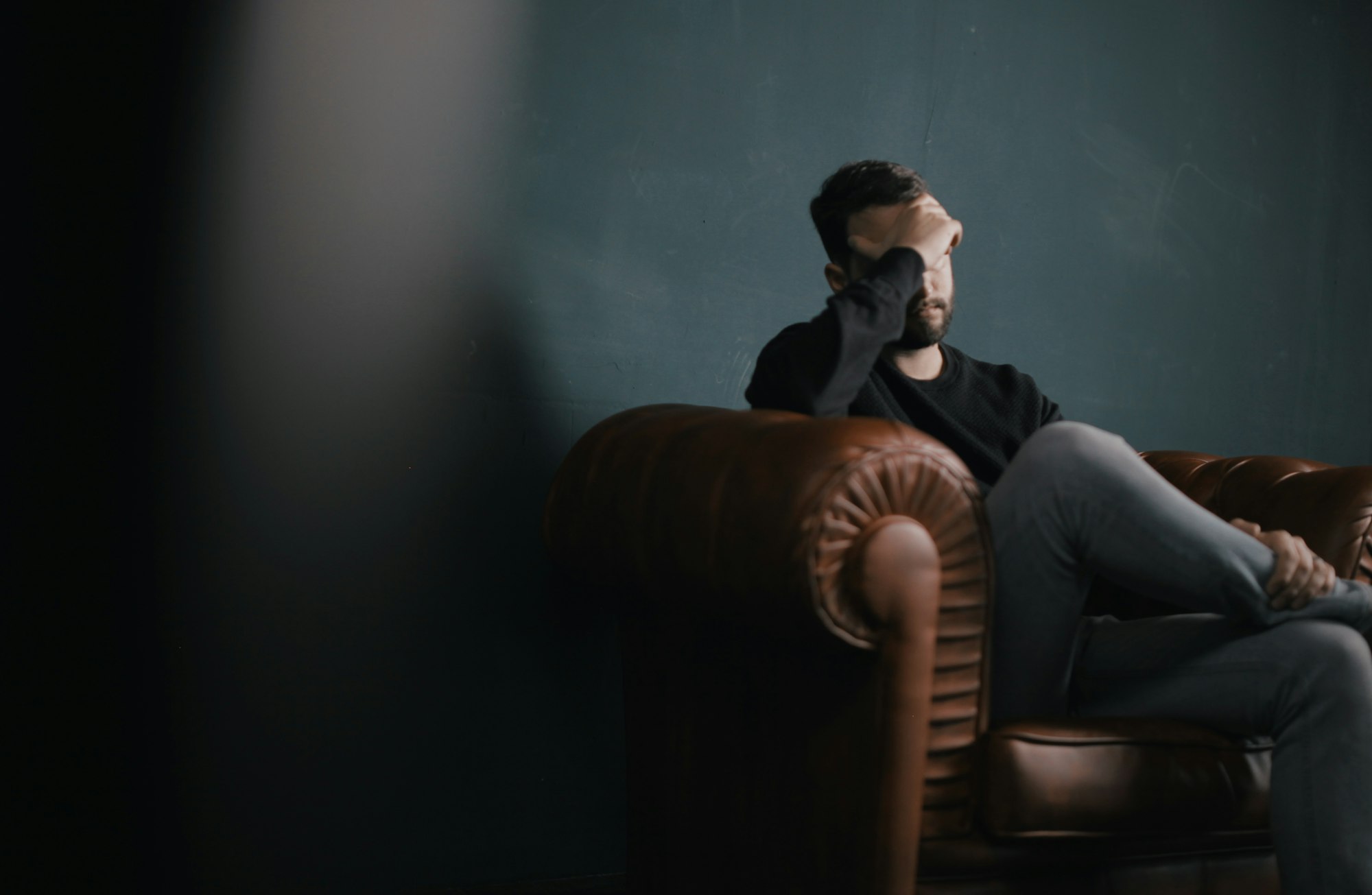Diagnoses have different effects on different people. For some, a diagnosis feels like a liberating and validating guidebook to help with understanding and guide treatment. For others, it can feel like a box that’s too limited to encapsulate the scope of what they’re feeling. Either way, if you’ve come across a depression diagnosis recently, there are some helpful coping strategies you can use to help aid with depression symptoms.
What is depression? Depression is a mental health and mood disorder that is characterized by a depressed mood (i.e. persistent feelings of worthlessness or hopelessness, fatigue, persistent sadness, etc) that impacts our ability to enjoy activities we once found joy in, and causes significant impairment in our day to day life. In order to diagnose someone with Major Depressive Disorder a person must experience a specific set of symptomatology every day for two weeks, and the primary symptoms must be either a depressed mood or loss of pleasure. Other symptoms include
- Significant weight loss or gain, increased or decrease appetite
- Slowing down of motor function (moving or speaking so slowly others have noticed)
- Fatigue or loss of energy
- Feelings of worthlessness/excessive guilt
- Diminished ability to think or concentrate
- Recurrent thoughts of death / suicidal ideation, or plans, means or intention for suicide.
- Irritability
- Brooding
- Ruminating thoughts
- Aches and pains
- Sleep interruption (sleeping too much or too little)
Other signifiers can be added to the diagnosis such as “mixed features” or “anxious distress”. Depression affects our brains, and sufferers of depression (specifically in remission) can live with a great fear of sadness in general, as it can spike the thought process of “it’s happening again”.
Anything significant pop out at you about that symptomatology? Depression is a physical disorder, as much as it is a mental disorder. Which means when it comes to coping, acknowledging and integrating physical movement can be a key component in lessening our depression symptoms.
Here’s my favorite coping skills during a depressive episode:
- Curiosity & Compassion: Depression symptoms are layered with shame, guilt and worthlessness which is compounded even more by an inability to function and complete tasks in a way we were doing previously. Curiosity & compassion around depression symptoms provides a non-judgmental lens around depression symptoms that can give us a new perspective on what our symptoms are trying to provide for us. Try: asking your depression questions through journaling (“What are you trying to protect me from?”) and affirming your struggles (“it’s okay to not be able to function today. You are trying your best”.)
- Movement: Even if it’s .0001% you have to give to movement, that’s enough. As stated, depression has massive physical symptoms, and moving your body is a defiance against those symptoms. It also will help increase endorphins, provide a sense of accomplishment, and allow you to more easily regulate your emotions. Depression is a beast, and while this innocuous coping skill may seem too simple to actually work, it will most likely provide a brief respite from overwhelming symptoms. Try: a walk around the block, stretching, or doing a work-out on youtube.
- Support System: Utilize your people! It may feel tough - but you have to let people know where you are at. This may look like your family, trusted friends, community members or co-workers. Anybody you trust who can show up for you when you need support. Remember we don’t heal in a silo, we heal in community. Try: phoning a friend, arranging a coffee date, or writing an email.
- Accountability: One of the fastest ways to increase self-worth and participate in your fight against depression is to be accountable to what you need. Accountability from this lens may mean, “I understand I’ve pushed myself too much today and need to rest”. It could also mean, “I know that if I don’t show up for that dinner date, I’m going to feel worse”. Allow yourself to get in tune with what your body needs, and not what your depression is telling you it needs. Try: pausing before you take an impulsive action or working on feelings identification in your body.
A depression diagnosis isn’t the end all be all of your mental health journey. In fact, it may open some doors into understanding yourself even better. Try the tips above, and find more that work for you. Managing depression is a part of a depression diagnosis, and coping is the foundation on which deeper healing can begin.
Alexa Cordry, LSW, LCADC
You can follow more of Alexa's insight on Instagram @yoursadtherapist
My Help Connect is a verified, independent & factual community for providers & clients created to easily find the best help possible. Connect with My Help Connect's message through multiple platforms:
Instagram: @myhelpconnect
Facebook: My Help Connect
LinkedIn: Company Page & Member Page
Twitter: @myhelpconnect

